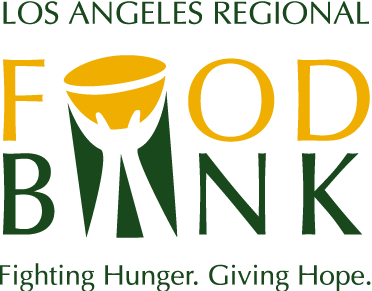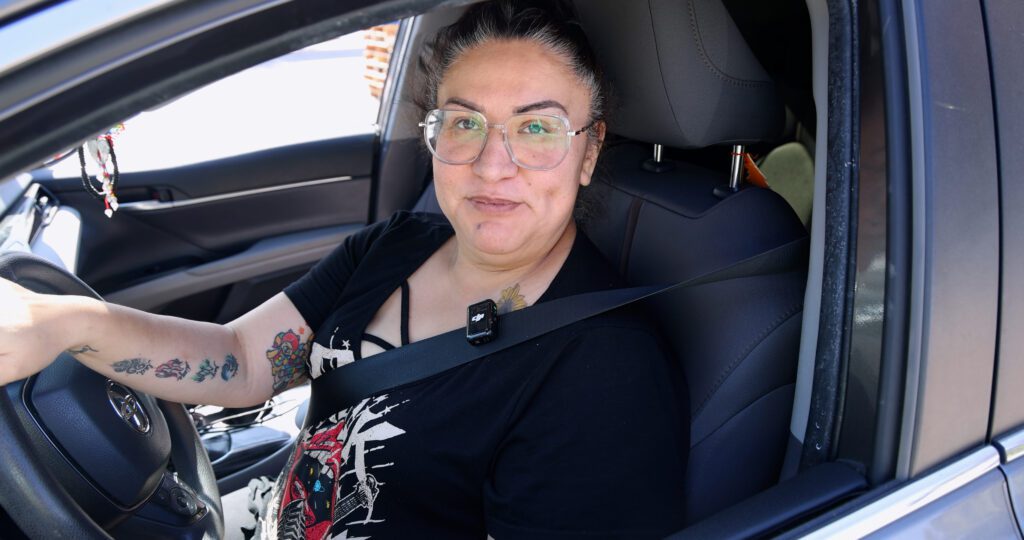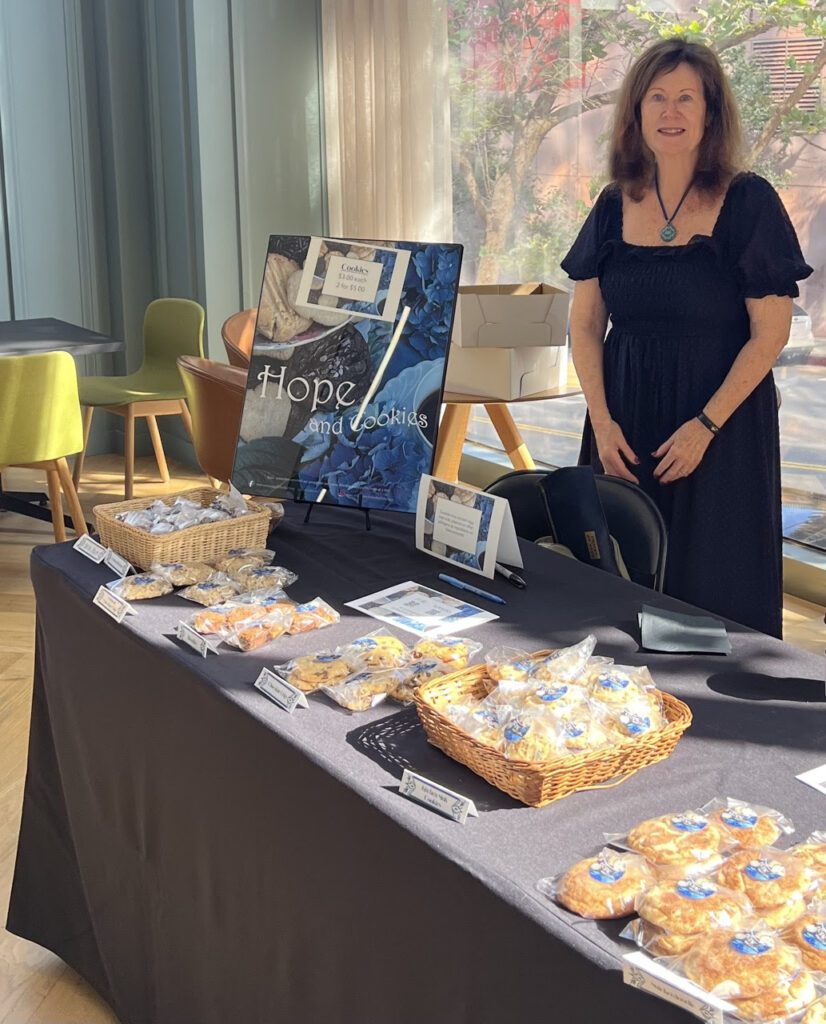Back to School Shouldn’t Mean Back to Hunger. The Food Bank is Here to Help.
Back to School Shouldn’t Mean Back to Hunger. The Food Bank is Here to Help.
As children return to school, hunger shouldn’t be on their minds. The Food Bank can help.
The reality is stark: 1 in 4 children in Los Angeles County faces hunger. This isn’t just about missing a meal, which is horrible enough. This is about the impact hunger has on a child’s ability to learn, grow, and thrive. A hungry child can’t be hungry for knowledge. Numerous studies show that hunger can negatively affect a child’s academic performance and behavior in school and that the impact lingers through high school and into adulthood.
At the Los Angeles Regional Food Bank, we believe that every child deserves the nourishment they need to succeed in school and in life. As they return to the classroom this fall, your support can ensure they do so with full stomachs and hopeful hearts.
Julietta Perez, Executive Director of La Casa de San Gabriel Community Center, a proud Food Bank partner agency, sees this need firsthand:
“It has been the most rewarding honor to feed children and their families and remove the worry about hunger. When kids don’t have enough to eat, it affects them in so many ways—socially, behaviorally, and mentally. It’s about more than food. It’s about their future.”
Recent studies show that children who face hunger get sick more often, recover more slowly, and are hospitalized more frequently. They also experience more headaches, stomachaches, fatigue, and are at greater risk for obesity and long-term health issues.
Additionally, young children who don’t get enough to eat may struggle to learn and develop at the same pace as their peers. Hunger also makes it harder for kids to concentrate and succeed in school. Children who lack regular access to nutritious food are more likely to have behavioral and emotional problems. Teens facing hunger are more likely to be suspended from school and have trouble with peer relationships.
The start of the school year is a critical time for many families facing hunger. A timely donation today ensures children have the nutrition they need to focus on their studies and build a brighter future.
Resources: Children’s Health Watch, National Institute of Health, Jama Pediatrics, and Harvard School Breakfast Research Program





